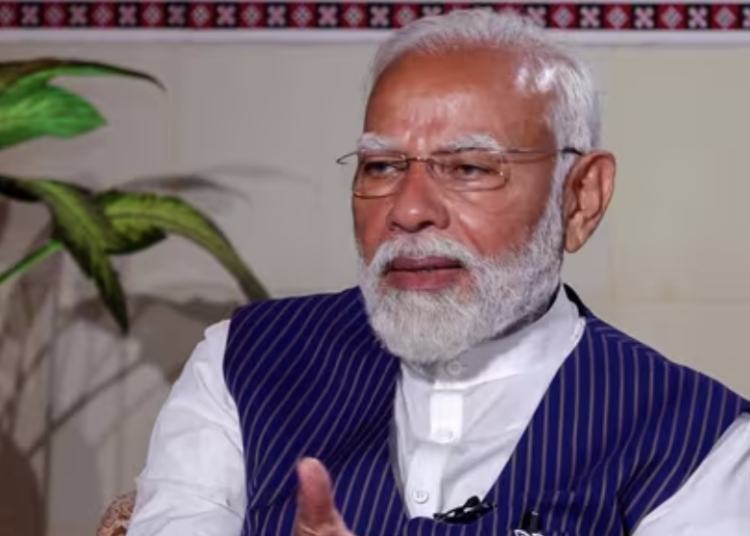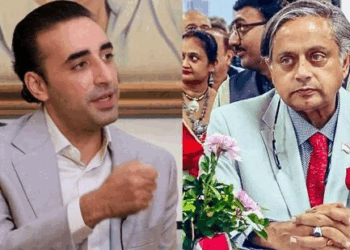Prime Minister Narendra Modi’s recent articulation of a 1000-year vision for India has sparked a heated exchange between the ruling Bharatiya Janata Party (BJP) and the opposition Congress party. In a speech addressing the nation’s future trajectory, PM Modi laid out ambitious goals for sustained growth and development. However, the Congress party swiftly responded with a pointed reference to Nazi propaganda minister Joseph Goebbels, accusing the BJP of employing similar tactics.
During a public address, PM Modi shared his vision for India’s future, emphasizing the need for comprehensive planning and foresight to ensure the country’s progress for generations to come. He outlined key areas such as infrastructure, technology, education, and healthcare, envisioning India as a global leader in various fields over the next millennium.
The Prime Minister’s remarks drew both praise and criticism, with supporters hailing his visionary approach and detractors raising concerns about feasibility and practicality. However, it was the Congress party’s response that grabbed headlines, as it took a sharp jab at the BJP’s communication strategies.
Congress leaders accused the BJP of resorting to propaganda tactics reminiscent of Joseph Goebbels, the notorious Nazi minister known for his manipulation of information and mass communication to serve the regime’s agenda. The reference to Goebbels was seen as a veiled criticism of the BJP’s messaging tactics and its portrayal of long-term goals.
The exchange between the two political camps underscores the deep-rooted rivalry and ideological differences prevalent in Indian politics. While the BJP emphasizes forward-looking governance and transformative agendas, the Congress party remains skeptical, often questioning the feasibility and sincerity of the ruling party’s promises.
As India gears up for future challenges and opportunities, the clash between the BJP and the Congress over competing visions for the nation’s trajectory is likely to intensify. The discourse surrounding PM Modi’s 1000-year vision reflects broader debates about governance, leadership, and the direction of the country in the years to come.








 India
India











